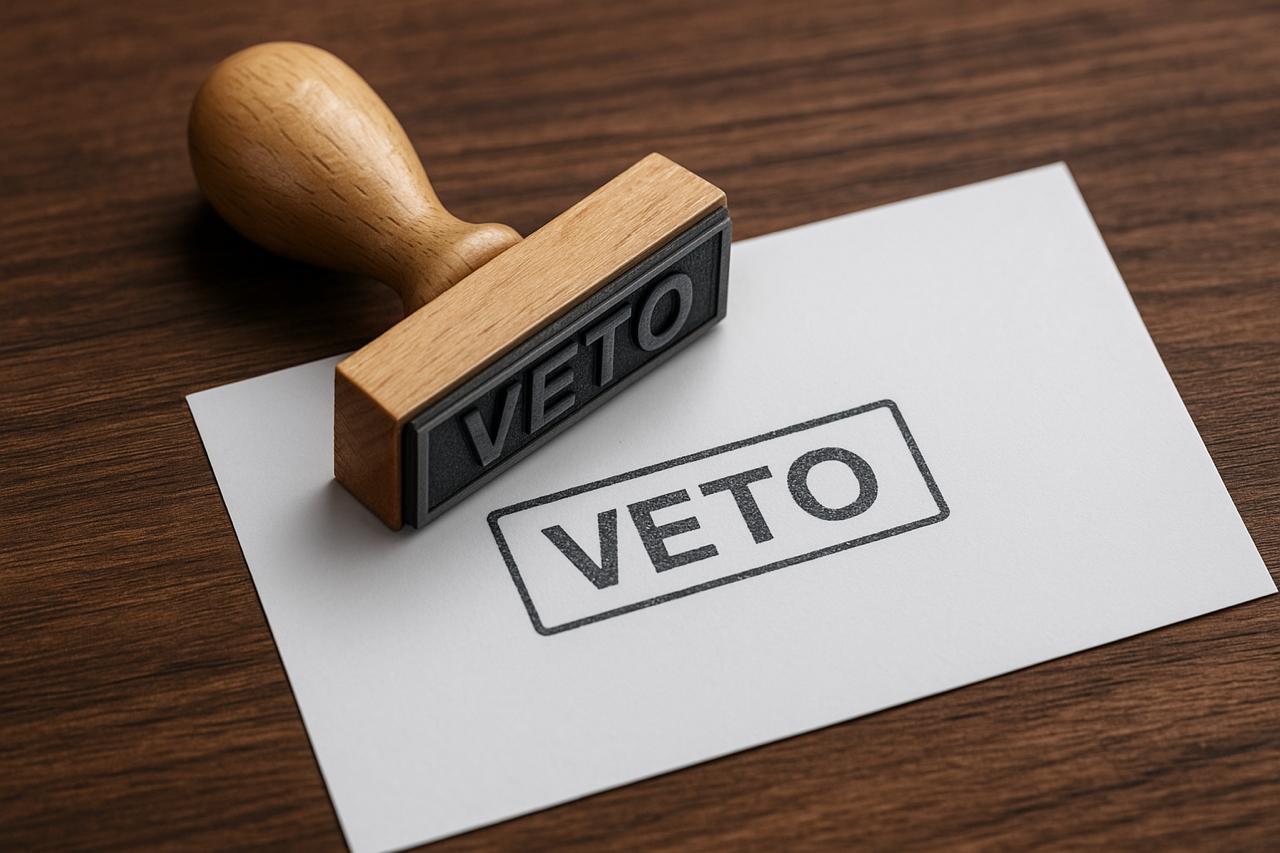Governor from Arizona makes Veto against the draft law on state crypto reserve funds: Here are the reasons

The governor of Arizona, Katie Hobbs, officially made her veto against the draft law 2324, who provided for the establishment of a state-managed reserve fund for confiscated cryptocurrency assets.
The bill, which was passed by Arizona with 34 to 22 votes, would have enabled the state finance minister to supervise a new “Bitcoin and Digital Asset Reserve”. This fund should manage crypto assets that have been acquired by criminal confiscation and authorize the state to invest, reinvest or sell in cryptocurrencies and crypto-related ETFs.
Governor Hobbs, however, rejected the proposal in a letter published on Tuesday. She argued that the draft law unintentionally would prevent local law enforcement authorities from participating in state -run operations for the collection of digital assets.
By relocating control over confiscated assets from local jurisdiction to the state fund, the draft law would “demotive” the cooperation between the local authorities, said Hobbs.
Why this is important for the cryptom market
The veto could have far -reaching effects on the introduction of cryptocurrencies at the state level. HB 2324 focused on the confiscation of assets, but also introduced a new opportunity for governments to deal with digital assets as part of the official reserve administration.
If the bill had been adopted, Arizona would have been one of the first US states to officially recognize and structure cryptocurrencies within a public financial framework. The rejection by Governor Hobbs continues to signal regulatory caution and restraint in the integration of cryptocurrencies into government processes.
For the broader cryptom market, this could be seen as a setback for the introduction in the public sector, which reinforces the restraint of the institutions and regulatory uncertainty. Without uniform support from the states, the integration of digital assets in state finances will continue to be put on hold.






